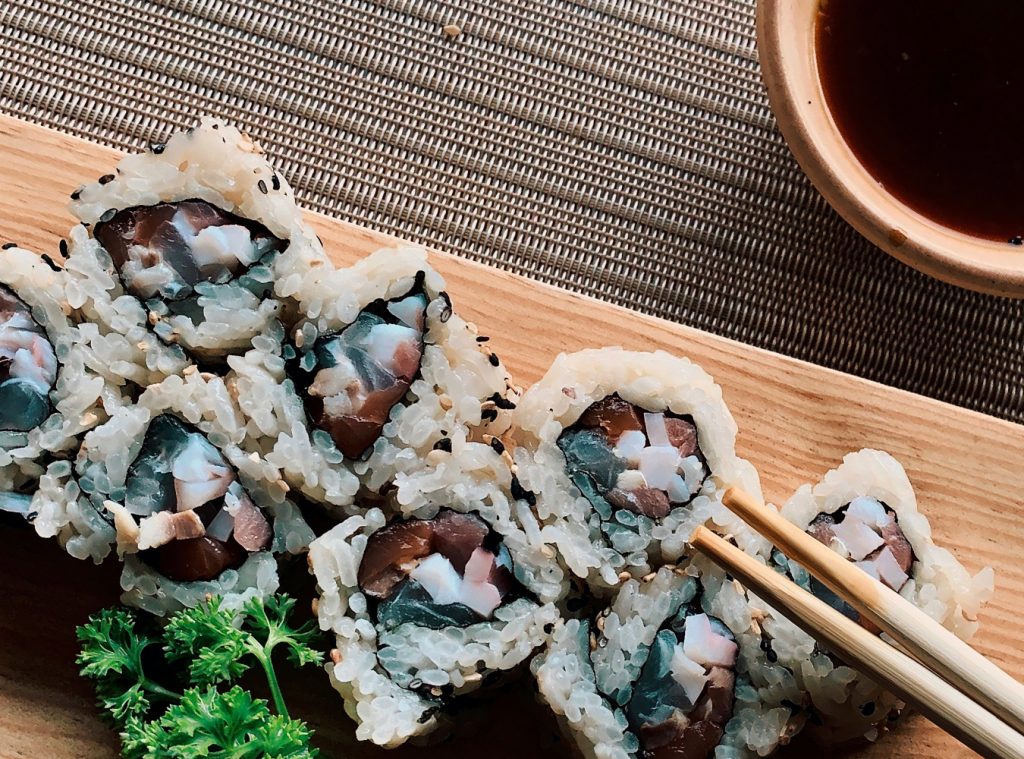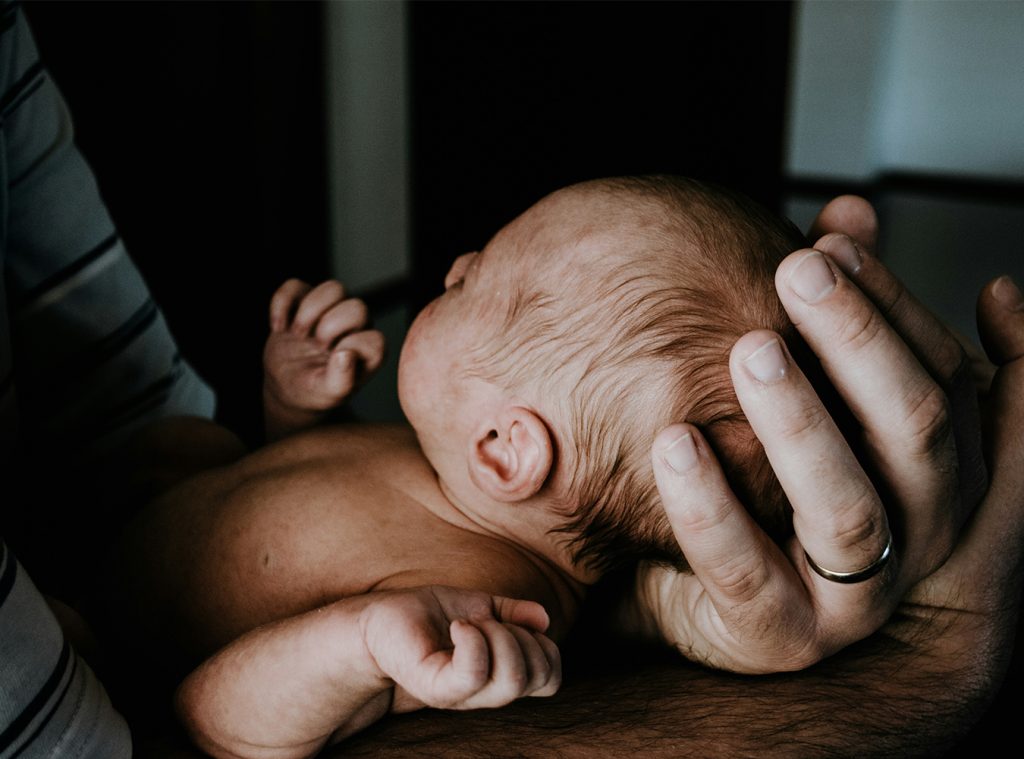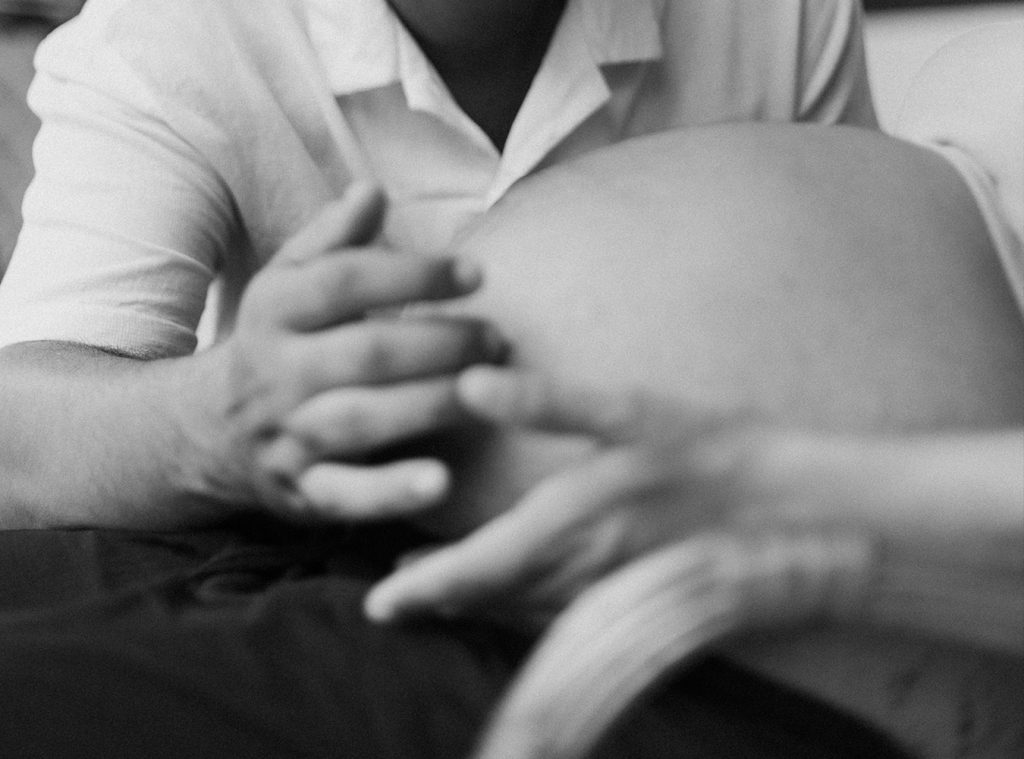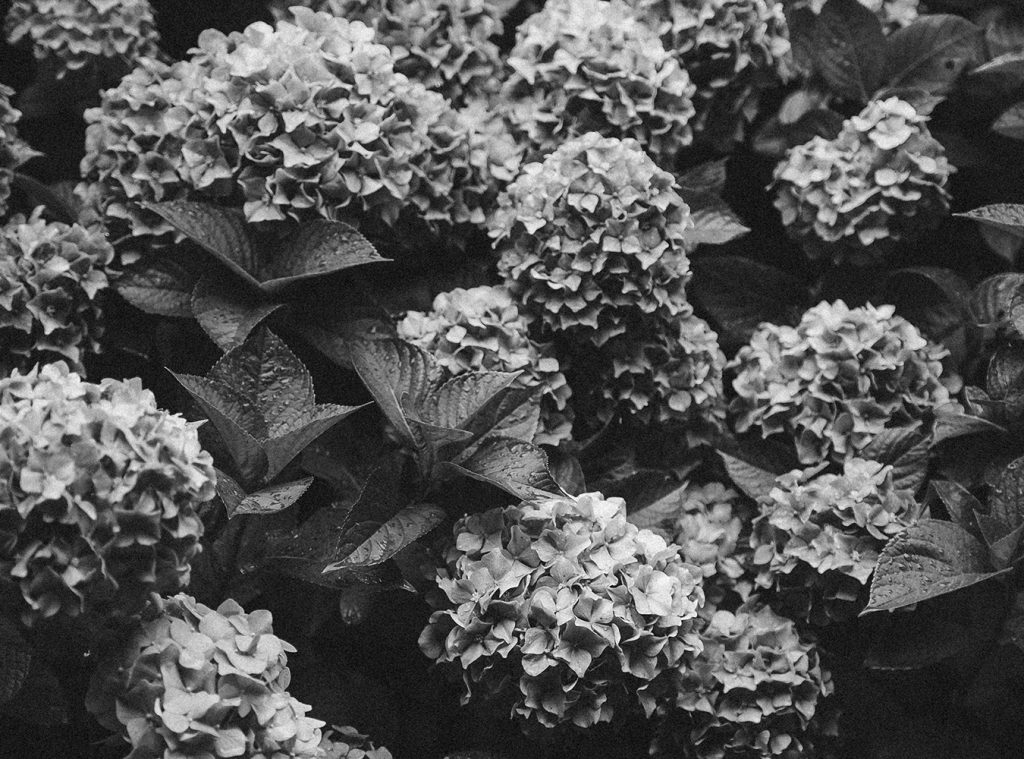There are certain food safety precautions that you should take while pregnant to avoid placing your baby at risk of harm.
Listeria
Listeria is a bacteria present in some foods that can cause a rare but dangerous infection called listeriosis. If Listeriais transmitted to your unborn baby it can lead to miscarriage, premature labour, or stillbirth.
Salmonella
Salmonella is a bacterial infection thatcan cause gastroenteritis like symptoms. This can be severe in pregnancy and in rare cases it may trigger a miscarriage.
Steps to reduce the risk of Listeria and Salmonella:
- Eat only freshly cooked food and well washed, freshly prepared fruit and vegetables. Leftovers can be eaten if they were refrigerated promptly and kept no longer than a day
- Avoid foods that may have been made more than a day in advance, for example pre-made and pre-packaged salads, sandwiches and wraps
- Avoid soft and semi-soft cheese such as brie, camembert, ricotta, fetta, bocconcini and blue (unless thoroughly cooked to >75C and eaten soon afterward).
- Avoid soft serve ice-cream
- Drink only pasteurised milk
- Avoid raw egg in food (e.g. home made mayonnaise, aioli, chocolate mousse)
- Avoid pre-prepared or pre-packaged salads including fruit salad
- Avoid eating all bean sprouts unless thoroughly cooked (e.g. alfalfa, broccoli, snow pea sprouts)
- Avoid eating processed deli meat such as ham, salami, chicken (unless thoroughly cooked to at least 75C and eaten soon afterwards).
- Avoid eating any raw meat
- Avoid eating cold meats
- Avoid eating pate
- Avoid eating raw seafood and ready to eat chilled peeled prawns
- Avoid eating store bought Sushi
Toxoplasmosis
Toxoplasmosis is an uncommon parasitic infection that can be harmful to your baby. It can occur if you eat undercooked meats, or unwashed fruit and vegetables, particularly from gardens with household cats. Most commonly, however, infection is caused by contact with cat faeces or contaminated soil in the garden.
Steps to reduce the risk of Toxoplasmosis:
- Avoid undercooked or raw meat
- Avoid raw oysters, clams or mussels
- Avoid unpasteurised goat’s milk
- Always thoroughly wash fruit and vegetables
- Always wear gardening gloves when gardening
- Always wash your hands after touching animals, especially cats
- Avoid handling cat litter or animal faeces where possible (if necessary, wear gloves)
- If swimming in a lake or river, avoid swallowing the water
- Avoid tap water when travelling overseas
Fish and pregnancy
Eating fish in pregnancy is beneficial to mother and baby as a dietary source of omega 3 fatty acids which are important for fetal visual and brain development. It is recommended pregnant women eat 2 to 3 serves of fish per week. You should, however, be careful about which fish you choose as some species contain high levels of mercury. It is safest to consume only cooked seafood.
Recommendations:
- Avoid – billfish (swordfish, broadbill and marlin) and shark (flake)
- Limit to one serve (150g) per week – orange roughy (deep sea perch) or catfish, with no other fish eaten that week.
- Eat 2–3 serves per week – of any other fish or seafood (for example, salmon or tuna).
There is no need to worry if the occasional meal with fish containing high mercury levels has been consumed. It becomes a problem where that type of fish is eaten regularly resulting in high accumulated mercury levels.
An extensive list of what is safe and what to avoid is available from the US FDA: https://www.fda.gov/downloads/food/resourcesforyou/consumers/ucm536321…








